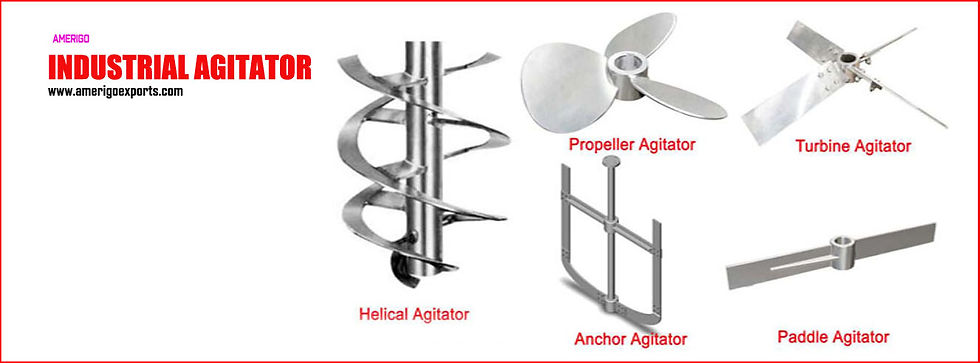Export of Injection Molding Plastic Pallets in Pharma Industries
- Amerigo Exports
- Oct 28, 2023
- 2 min read
Exporting injection moulding plastic pallets in pharma industries can be a profitable business endeavor. Plastic pallets are commonly used in the pharmaceutical industry for storing and transporting various products and materials. Here are some key considerations when exporting injection molding plastic pallets to pharma industries:
Quality and Compliance:
Ensure that your plastic pallets meet the required quality standards and regulations in both your home country and the destination market. In the pharmaceutical industry, compliance with good manufacturing practices (GMP) and other relevant quality standards is crucial.
Material Selection:
Choose the right type of plastic material for your pallets. Common materials include high-density polyethylene (HDPE) and polypropylene (PP). Make sure the material is suitable for the pharmaceutical industry's requirements.
Design and Specifications:
Work closely with your clients in the pharmaceutical industry to understand their specific requirements for pallet size, load capacity, design, and other specifications. Customization may be necessary to meet their needs.
Hygiene and Cleanability:
Ensure that your plastic pallets are easy to clean and maintain, as cleanliness is of utmost importance in the pharmaceutical industry to prevent contamination.
Durability and Longevity:
Pharmaceutical companies may require pallets that are durable and have a long lifespan. Consider offering pallets with features like reinforced corners or anti-slip surfaces.
Regulatory Compliance:
Be aware of and compliant with any regulations or standards related to pharmaceutical storage and transportation. These may include ISO 13485 for medical devices and pharmaceutical packaging standards.
Packaging and Shipping:
Properly package and protect your plastic pallets for international shipping to prevent damage. Consider pallet stacking and packaging guidelines to maximize efficiency.
Certification and Documentation:
Provide necessary certification and documentation, including certificates of origin, quality control reports, and other required documentation to facilitate customs clearance and regulatory compliance in the destination country.
Marketing and Sales:
Develop a targeted marketing strategy to reach pharmaceutical companies. Attend industry trade shows, establish an online presence, and build relationships with key decision-makers in the industry.
Logistics and Distribution:
Consider the logistics of exporting your plastic pallets, including transportation methods, customs procedures, and distribution networks. Ensure that you can meet delivery timelines.
Pricing and Payment Terms:
Determine competitive pricing for your plastic pallets, taking into account factors like quality, customization, and market demand. Establish clear payment terms with your clients.
After-Sales Support:
Offer excellent customer support and after-sales service, including warranties and replacements if necessary.
Exporting injection molding plastic pallets to the pharmaceutical industry can be a lucrative venture, but success depends on meeting the industry's stringent requirements and building strong relationships with your pharmaceutical customers. Collaborating with experts in the field and staying updated on industry trends and regulations is essential for long-term success.





Comments